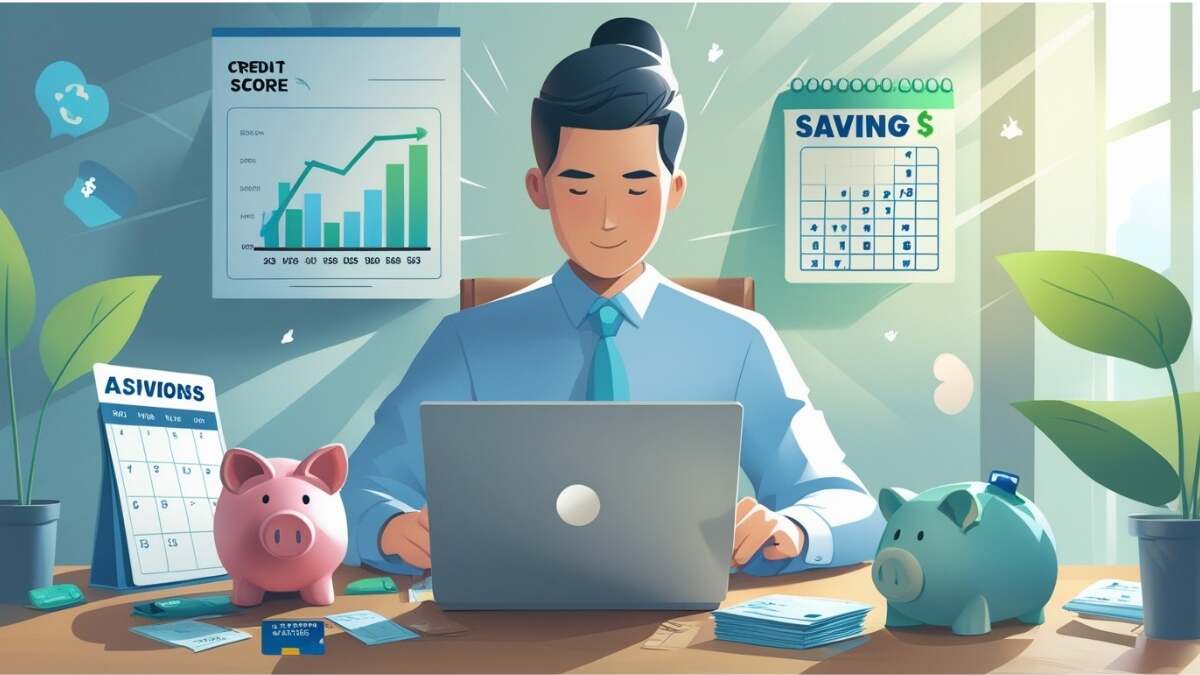Comprehending delinquency
When you fail to make the minimum payment on your account by the due date, you are considered to be in arrears on your credit card. Your account becomes delinquent when a payment is past due, and the longer it has been past due, the more serious the consequences will be. Your credit score will suffer as a result of lenders reporting past-due accounts, which usually happens 30 days after the account becomes past due.
influence on your credit score
Your credit score will drop by many points after a single delinquency, making it more difficult to get new credit or loans in the future. It will worsen with repeated late payments, leading to higher interest rates and the rejection of subsequent loan applications. Other lenders may see the default as a danger if it stays on your credit record for up to seven years.
Charges for fees and interest
Delinquency will result in penalty interest rates and late payment costs. Especially if you have a running balance, the fees add up rapidly. For instance, interest rates increase to more than 40% annually following late payments, which might vary from ₹500 to ₹1,000. Compound fees increase the difficulty of repaying debt and create a vicious cycle that, if not stopped early, may put you in default.
Threats from the law and collection
Banks will charge off or sell your account to collection agencies if delinquency persists for many months. Legal proceedings such as court notifications or, in the worst situation, wage garnishment may also result from persistent nonpayment. In addition to financial pressure, handling recovery agents and legal notifications causes severe mental anguish, which emphasizes the need for quick action before things become this bad.
Strategies for overcoming delinquency
Telling your bank the truth about your situation should be your initial course of action. Restructuring options offered by banks include reduced EMIs, short-term relief, or balance transfers to personal loans with lower interest rates. Another way to avoid future defaults is to set up automated payments or reminders in advance. In severe cases, seek credit counseling to create a repayment plan and temporarily institute financial discipline.
Developing positive habits
Avoiding relapse is just as important as paying debts. Make a monthly budget to save for emergencies, cut down on wasteful spending, and pay off debts first. Building your credit history involves paying your payments on time and keeping your credit use below 30% of your limit. It is possible to recover from delinquency and rebuild confidence in finances by exercising patience and maintaining discipline.

